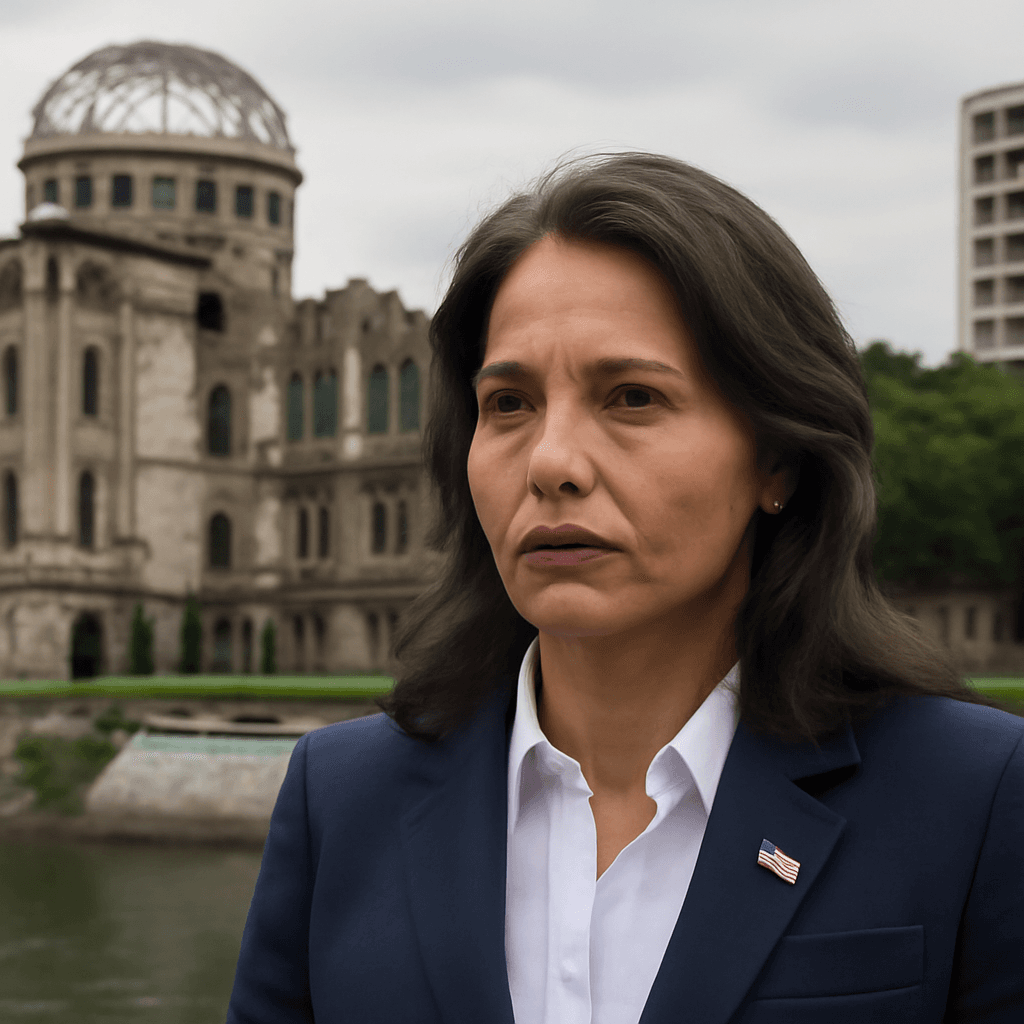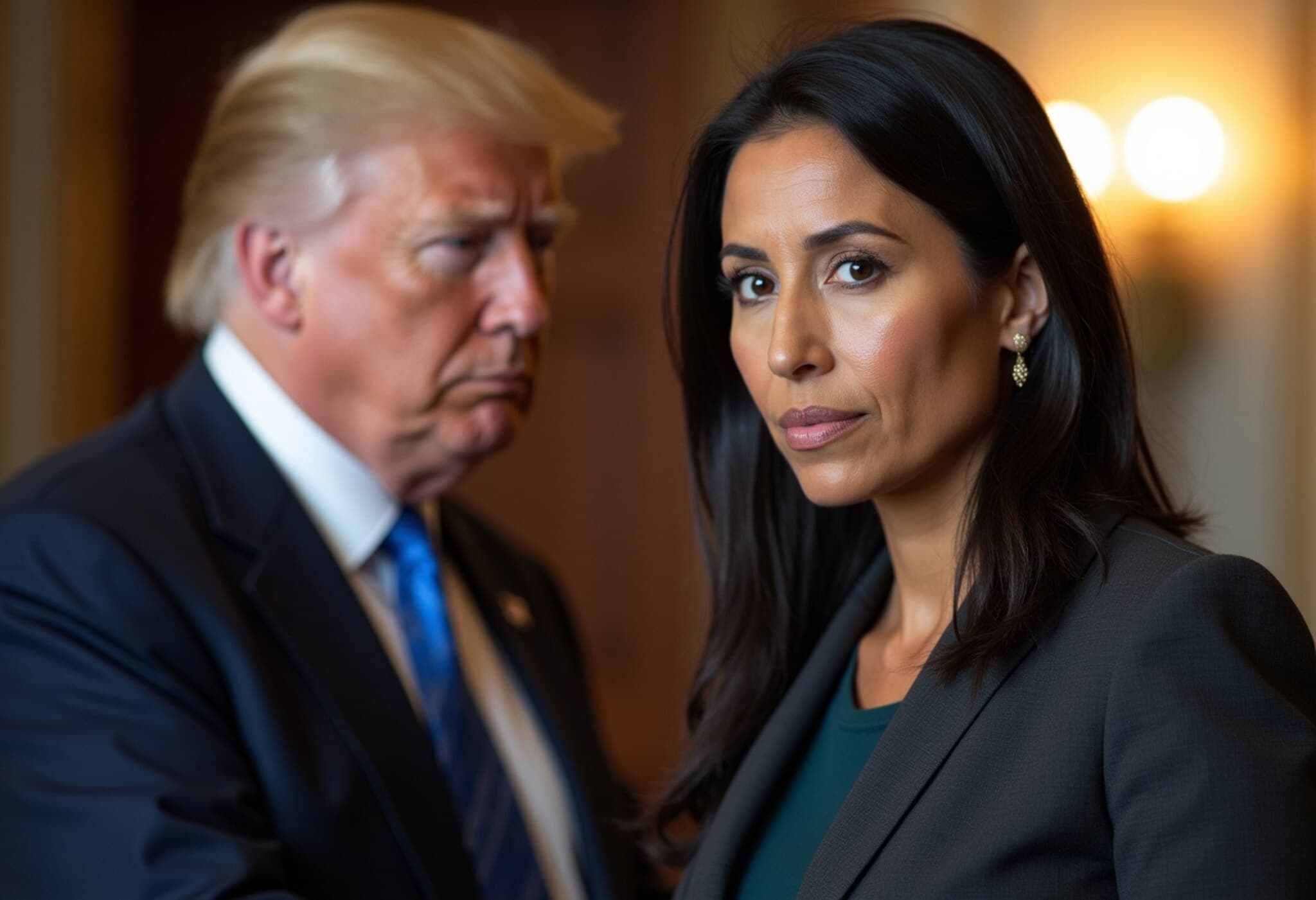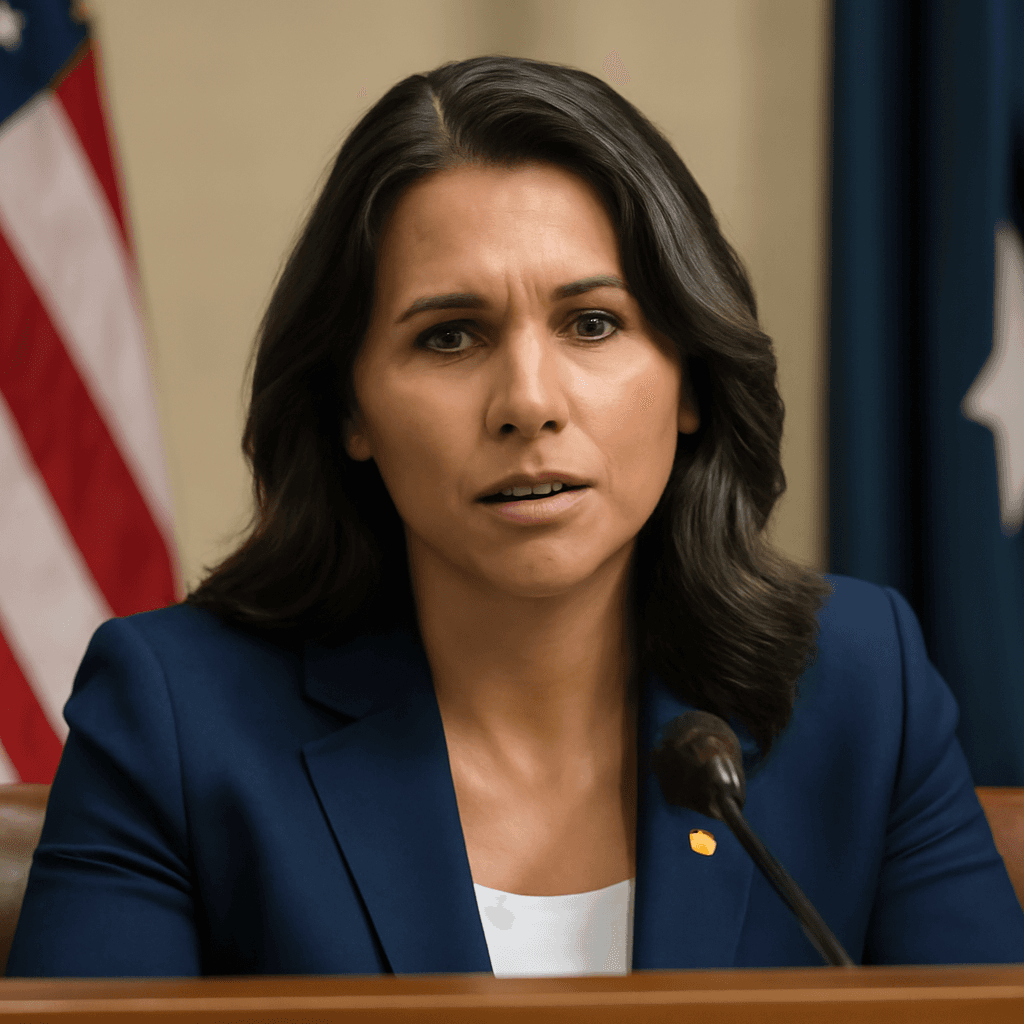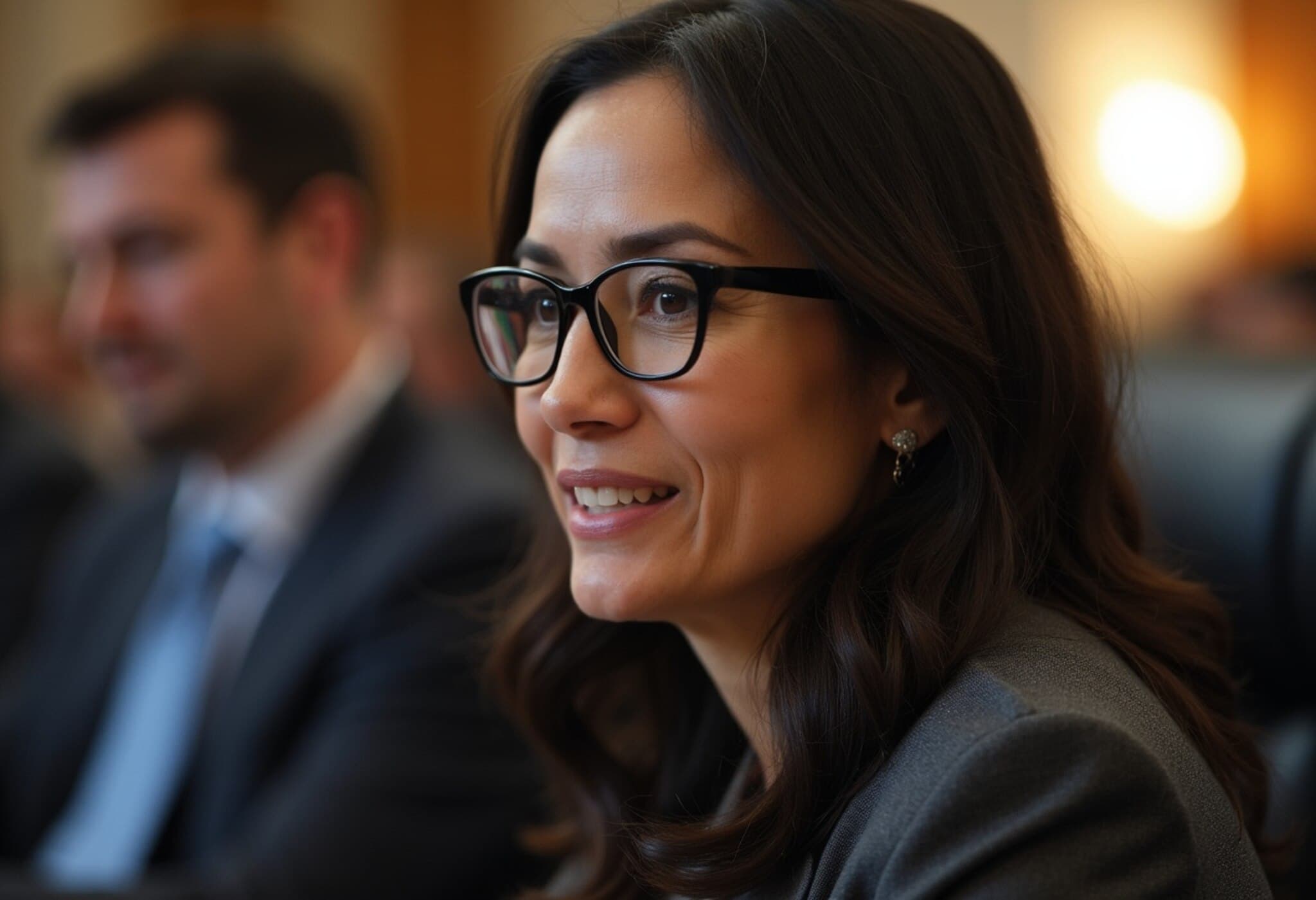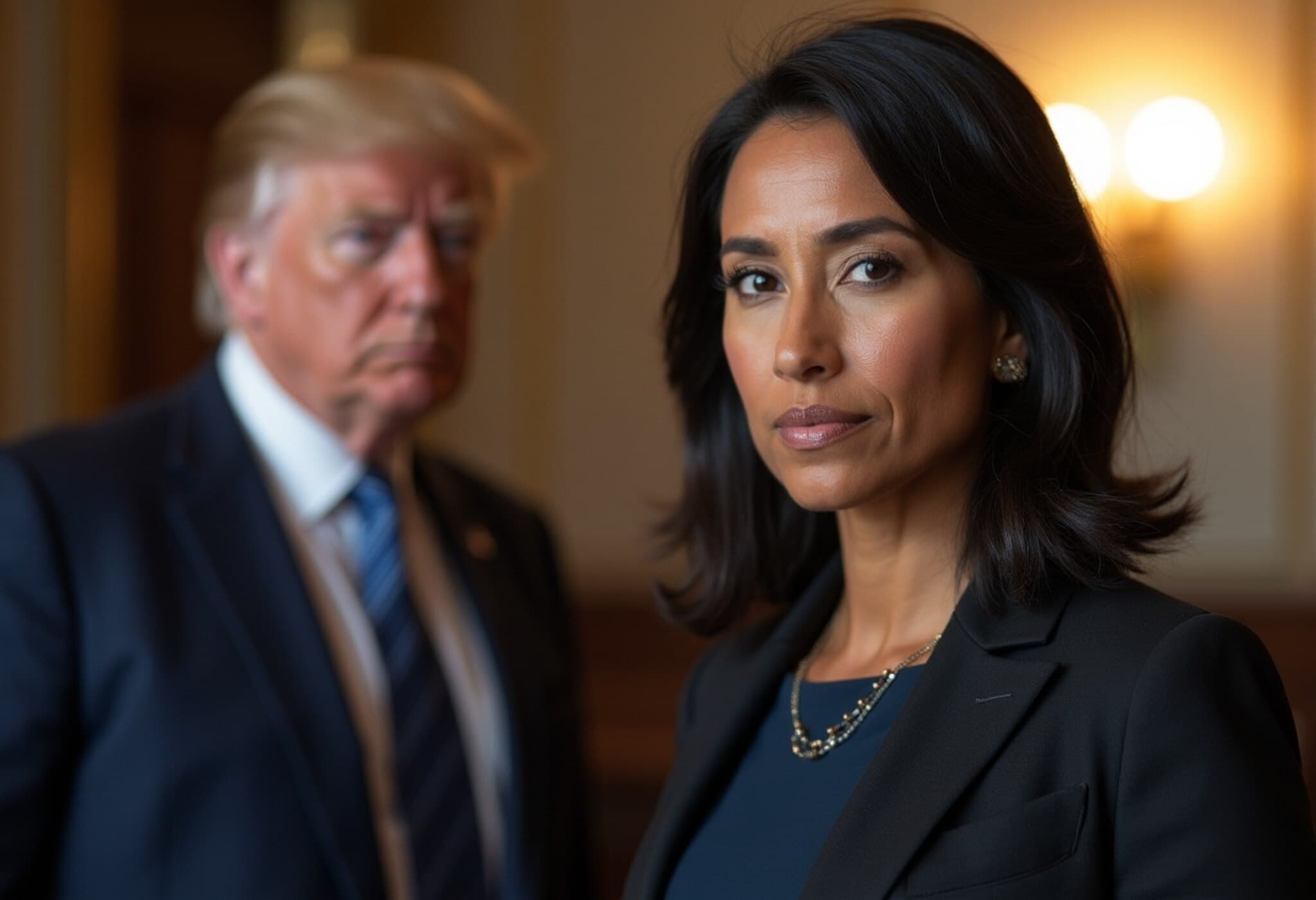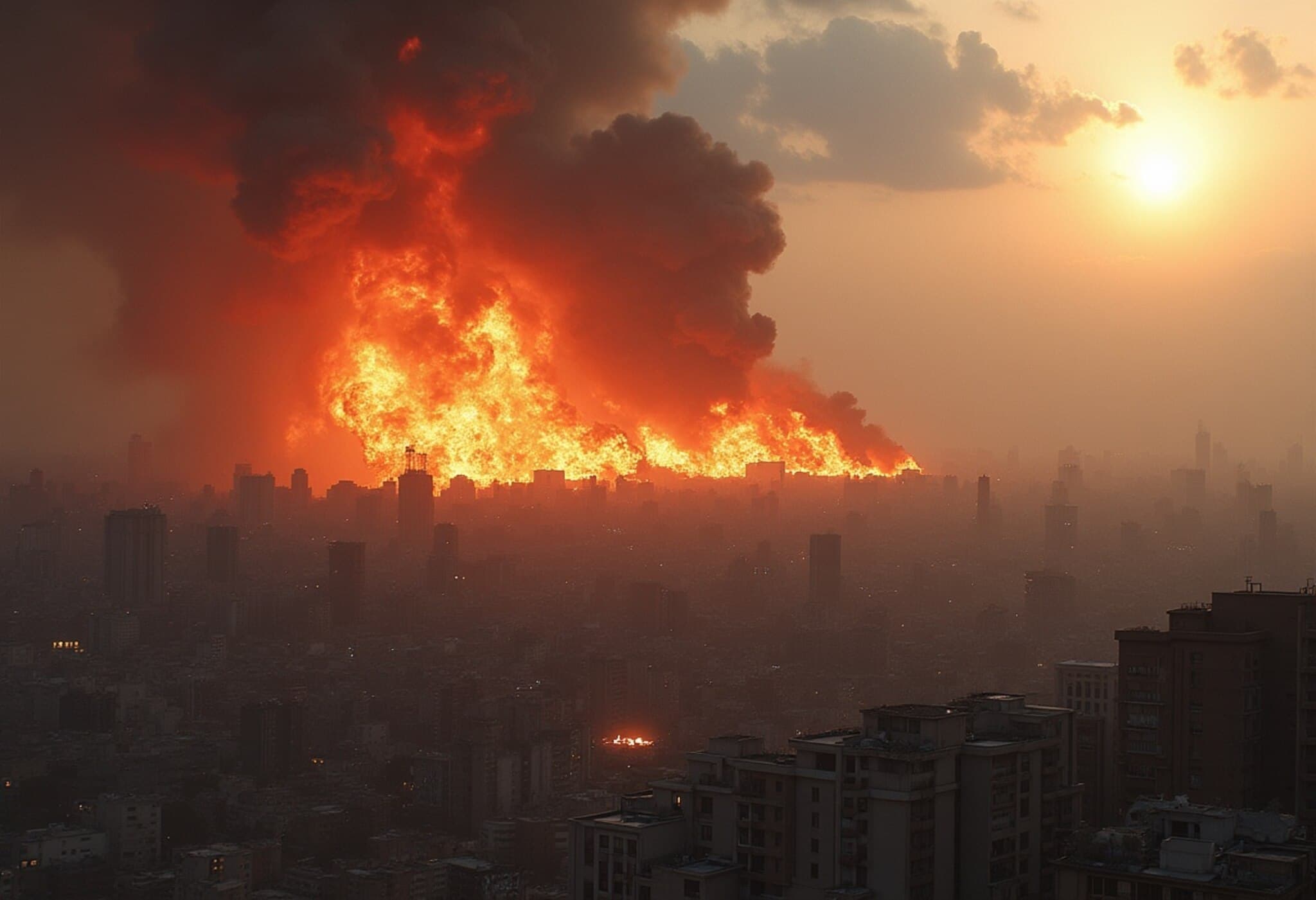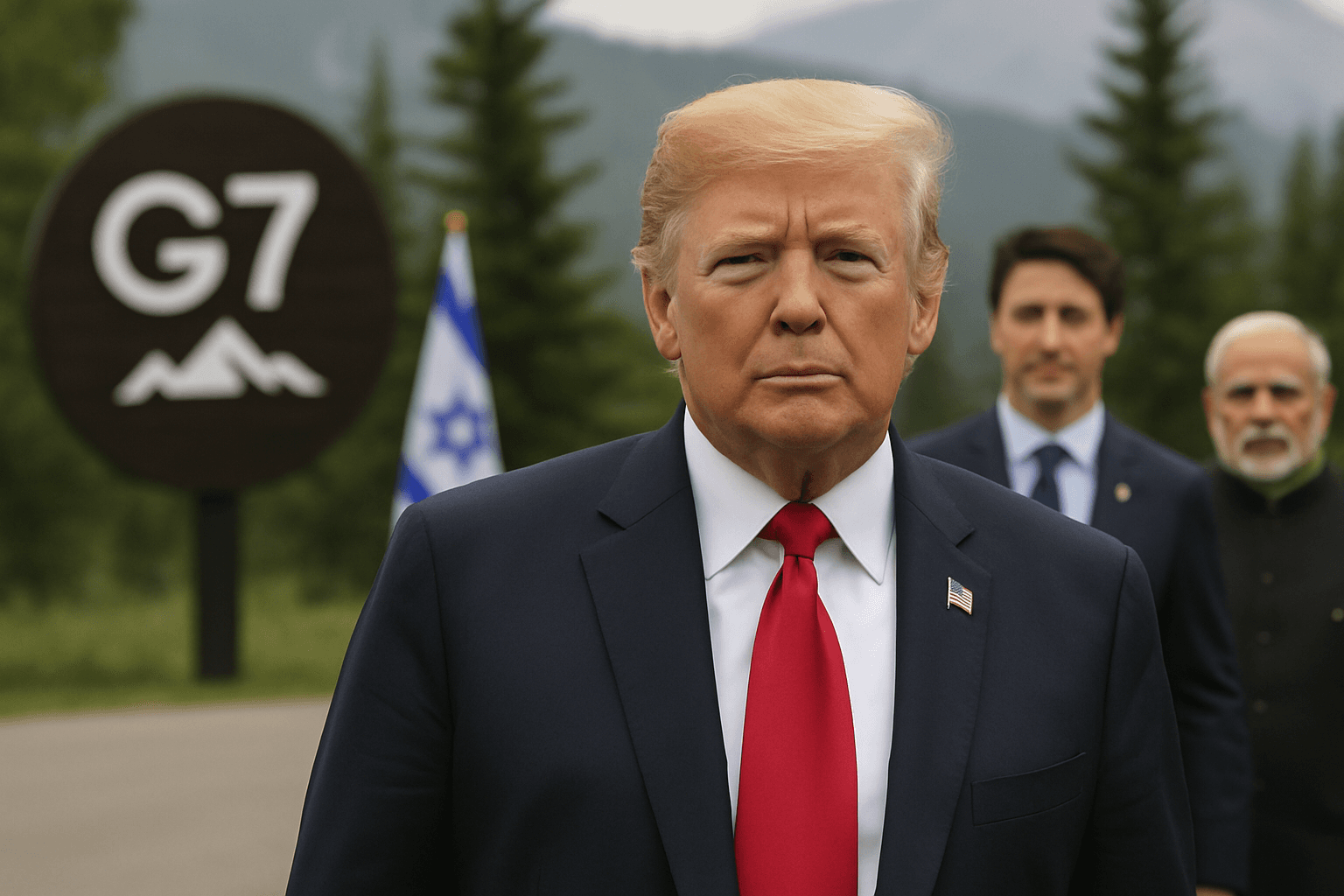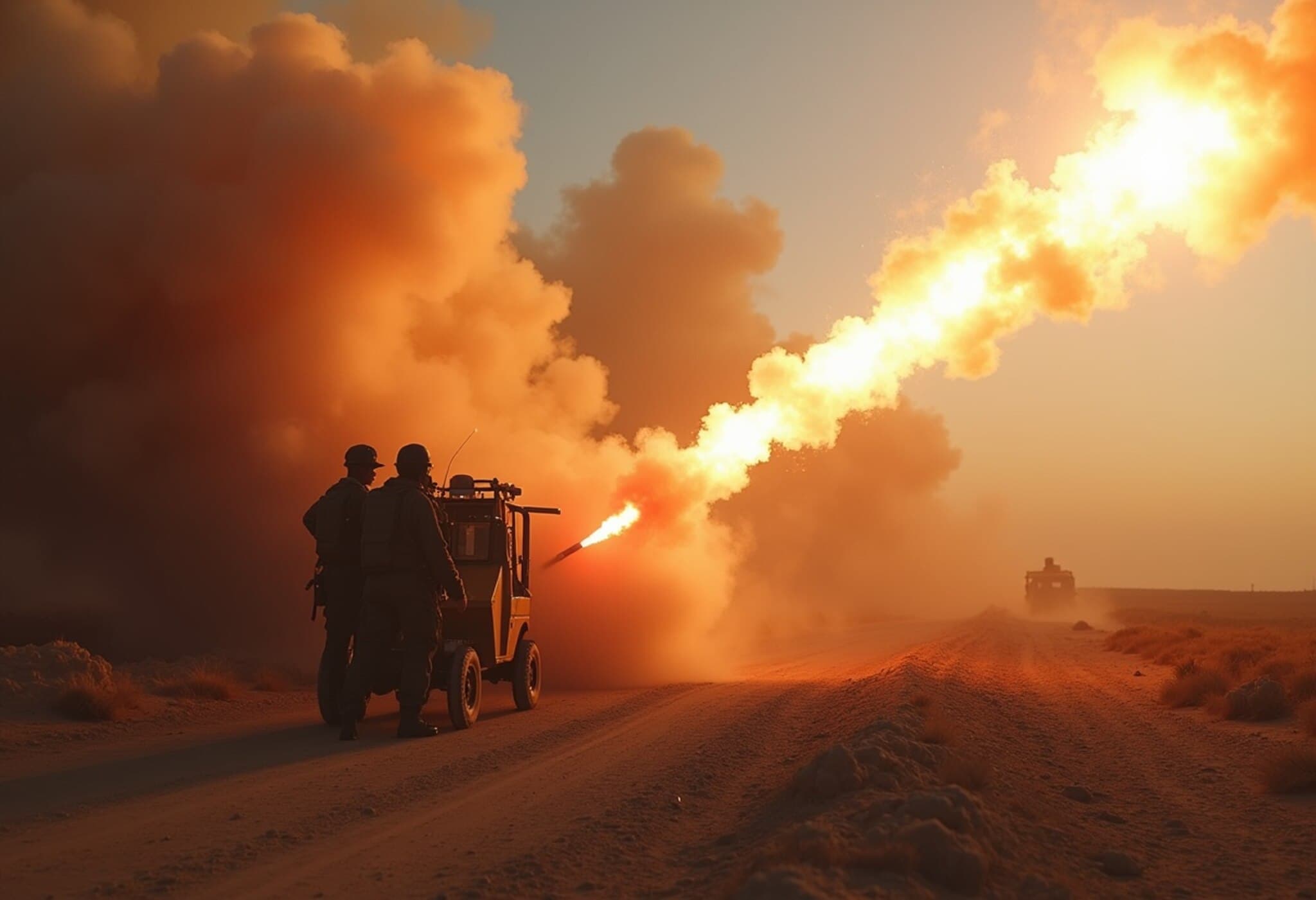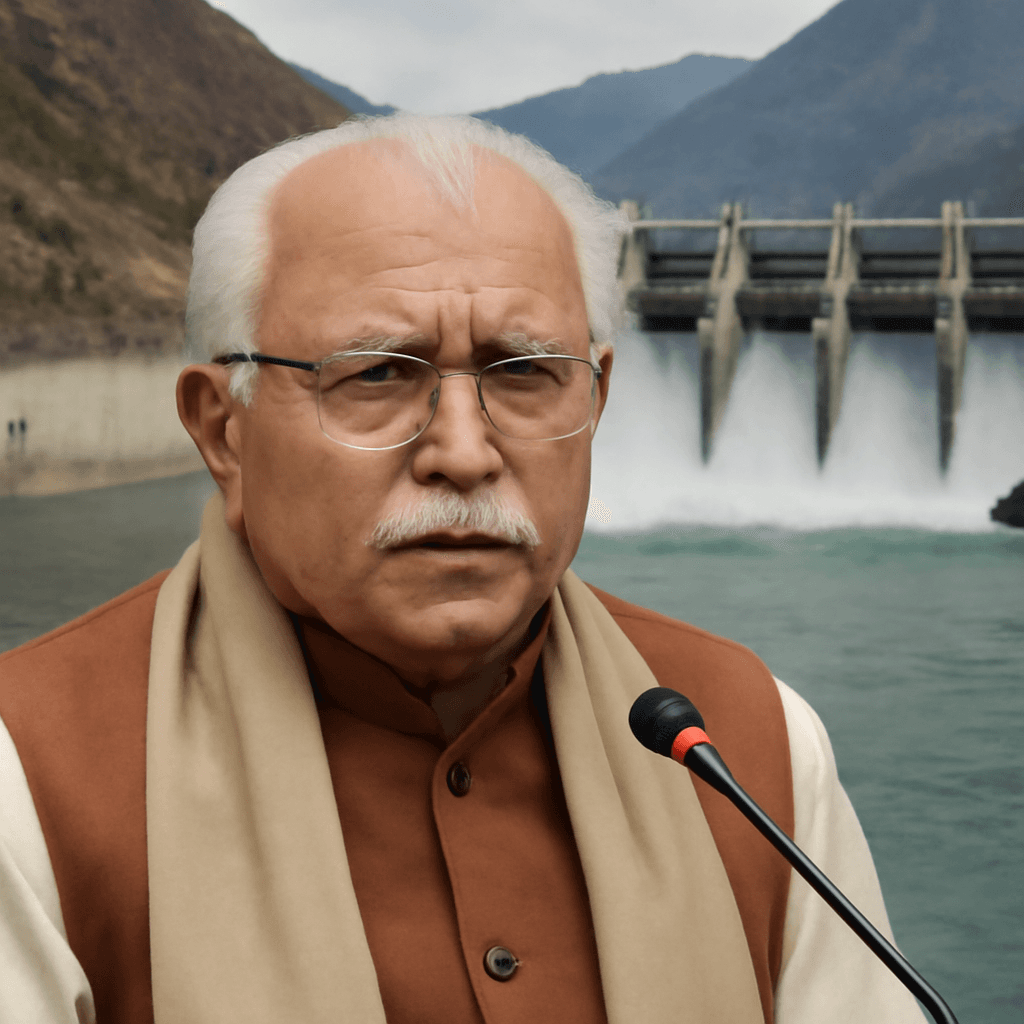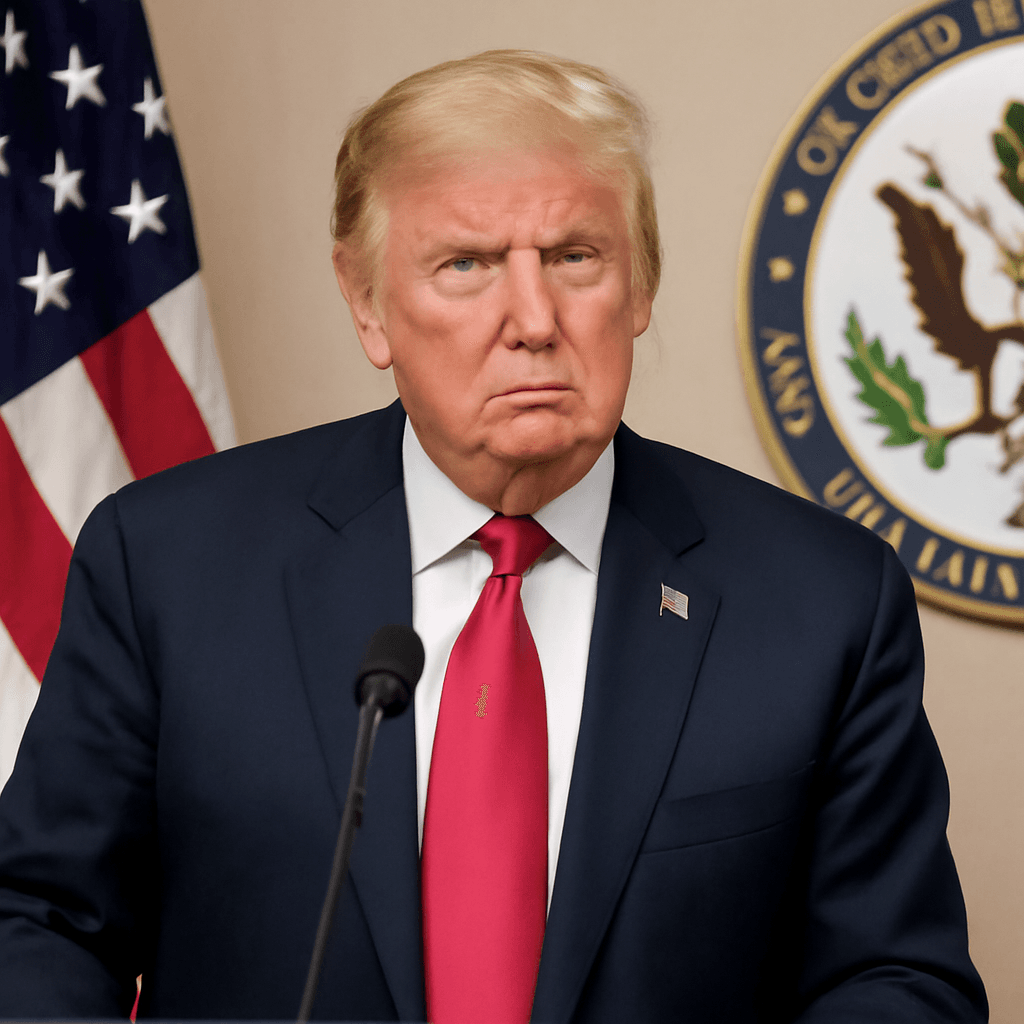Tulsi Gabbard Issues Stark Warning on Nuclear Risks After Hiroshima Visit
US Director of National Intelligence Tulsi Gabbard delivered a powerful message following her recent visit to Hiroshima, the site of the world’s first atomic bombing. Reflecting on the horrific devastation caused by nuclear weapons, she cautioned that the world is perilously close to the brink of nuclear conflict.
Remembering Hiroshima: A Grim Reminder of Nuclear Destruction
Gabbard toured the Hiroshima Peace Memorial ahead of the 80th anniversary of the atomic bombings that ended World War II. On August 6, 1945, an American uranium bomb obliterated the city, killing an estimated 140,000 people by the end of that year. Just three days later, another bomb was dropped on Nagasaki, resulting in roughly 74,000 deaths. These bombings led to Japan’s surrender on August 15, 1945, but left behind a haunting legacy.
Warning Against 'Warmongers' Escalating Global Tensions
Drawing a chilling comparison, Gabbard emphasized, “This one bomb that caused so much destruction in Hiroshima was tiny compared to today’s nuclear bombs – a single modern nuclear weapon could kill millions within minutes.” She criticized political leaders and warmongers for stoking fear and tensions between nuclear powers, suggesting that this reckless posturing could lead to catastrophe.
“Perhaps they believe they will have access to nuclear shelters that ordinary people won’t,” she suggested, underscoring the stark inequality and danger embedded in current nuclear strategies.
A Call for Public Action and Diplomacy
Taking a rare, outspoken stance for a national intelligence chief, Gabbard urged citizens worldwide to raise their voices against the escalating threat of nuclear warfare. “It’s up to us, the people, to demand an end to this madness,” she said, highlighting the urgent need for diplomatic solutions over military confrontations.
Context Amid Ongoing Global Tensions
Gabbard’s remarks resonate at a time of heightened tensions, with Russian President Vladimir Putin’s repeated nuclear threats amid the ongoing conflict in Ukraine. Despite calls for ceasefires, diplomacy remains stalled, leaving the world on edge. Within the US administration, divisions persist on how best to navigate this precarious landscape.
Her viewpoint has stirred debate, especially given her past criticisms of US policies toward Russia and her belief that Western powers should have acknowledged Russia’s security concerns related to NATO's expansion.
Looking Ahead
As the global community approaches the 80th anniversary of the atomic bombings, Gabbard’s visit and her candid warnings serve as a sobering reminder of nuclear weapons’ catastrophic potential. The United States has never formally apologized for the bombings, but discussions about nuclear disarmament and responsible diplomacy remain crucial to avoiding future devastation.

